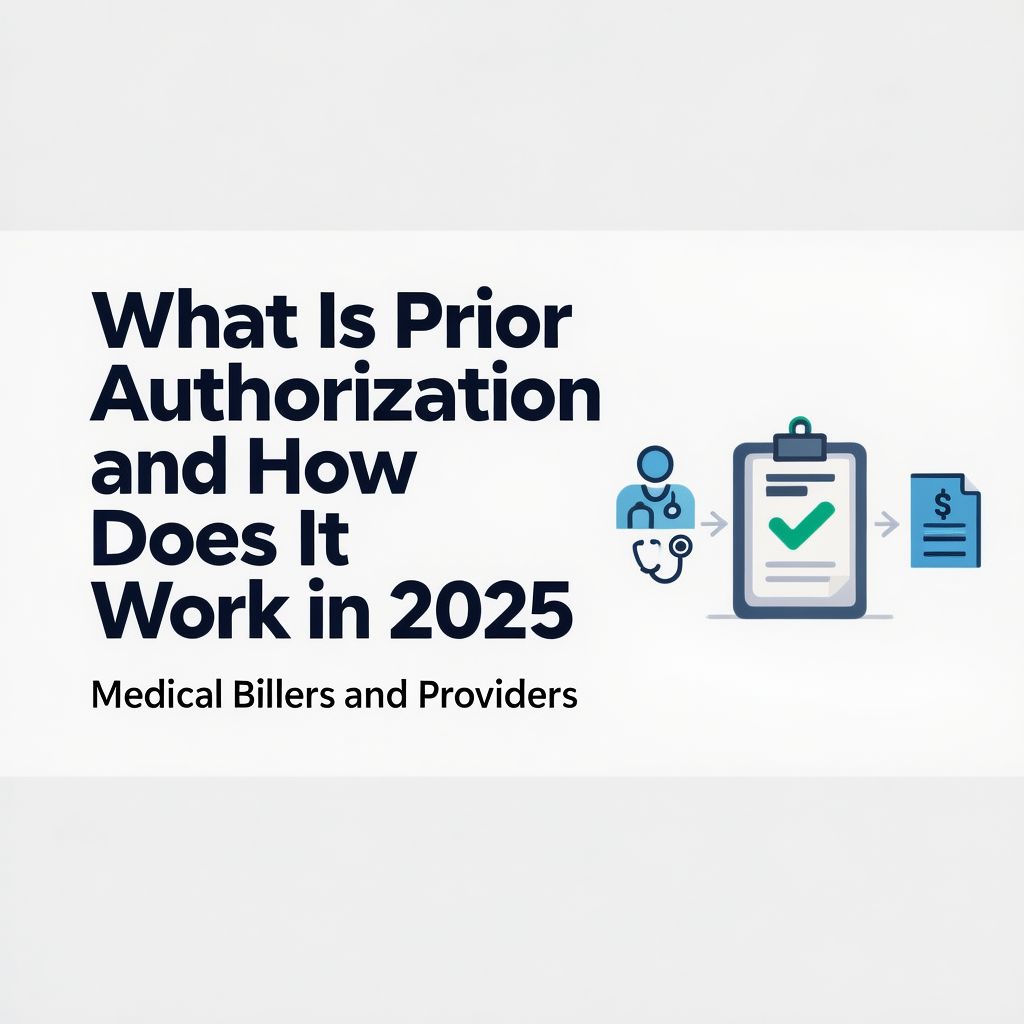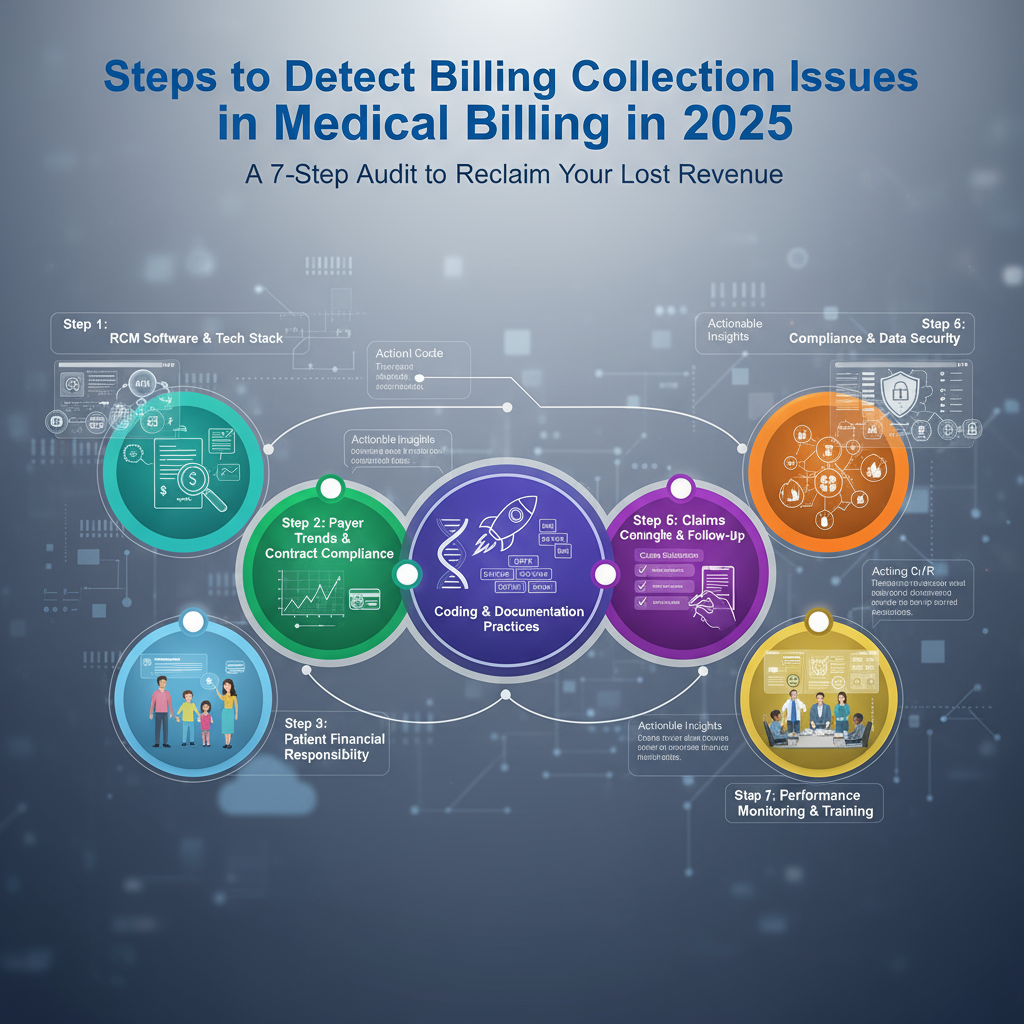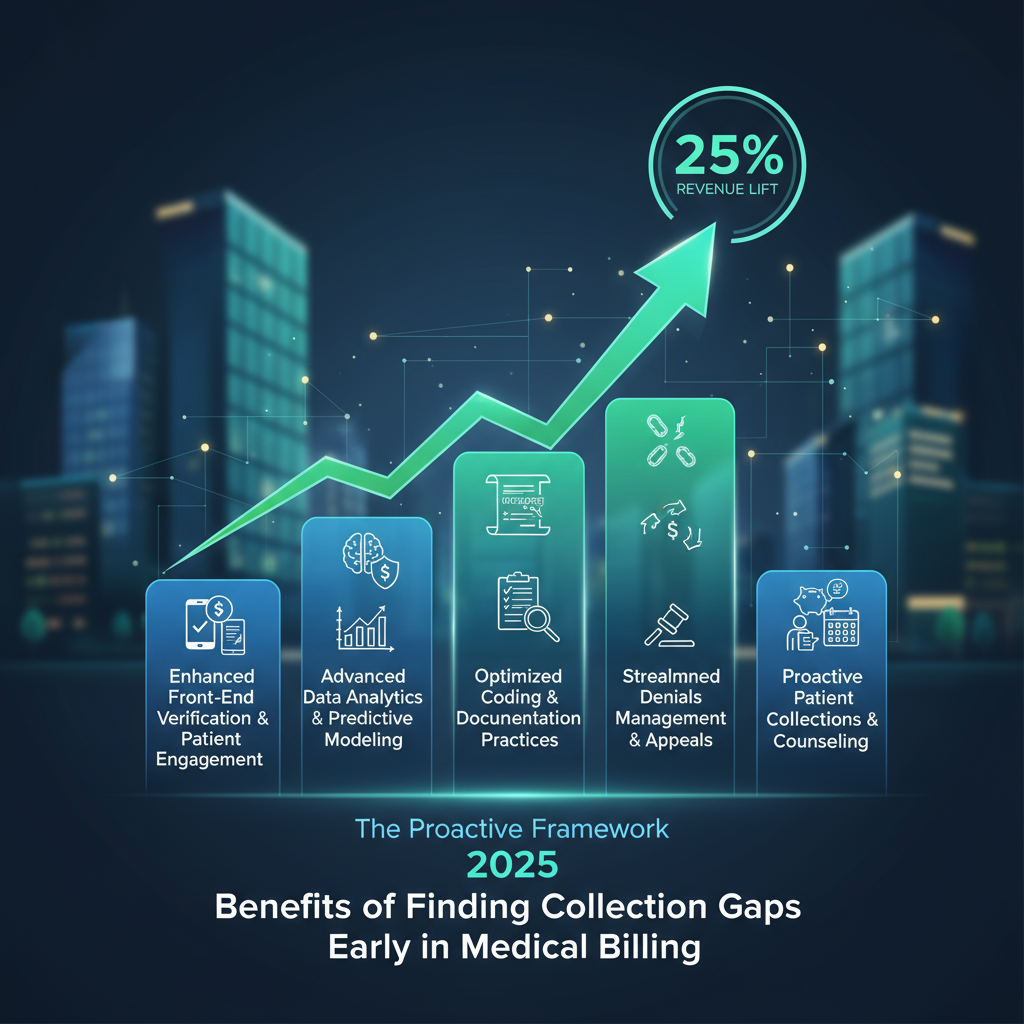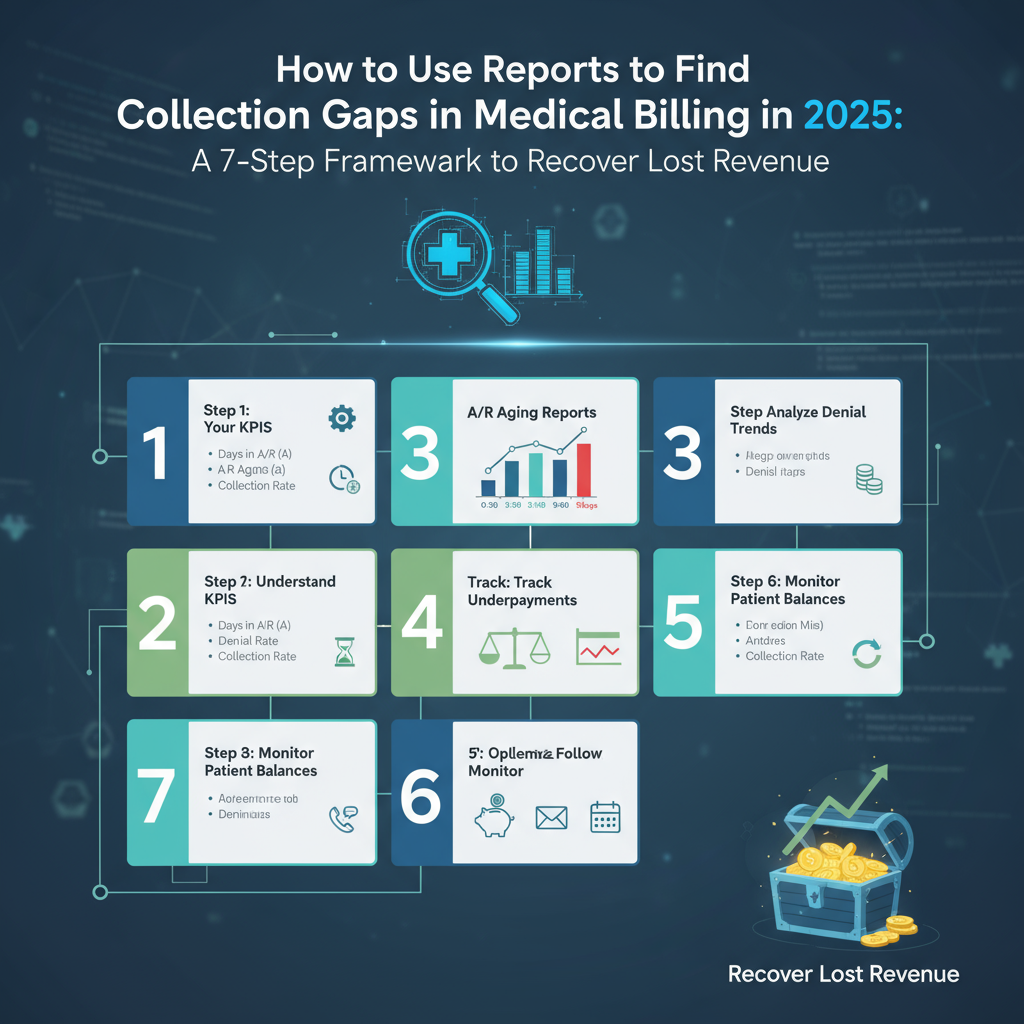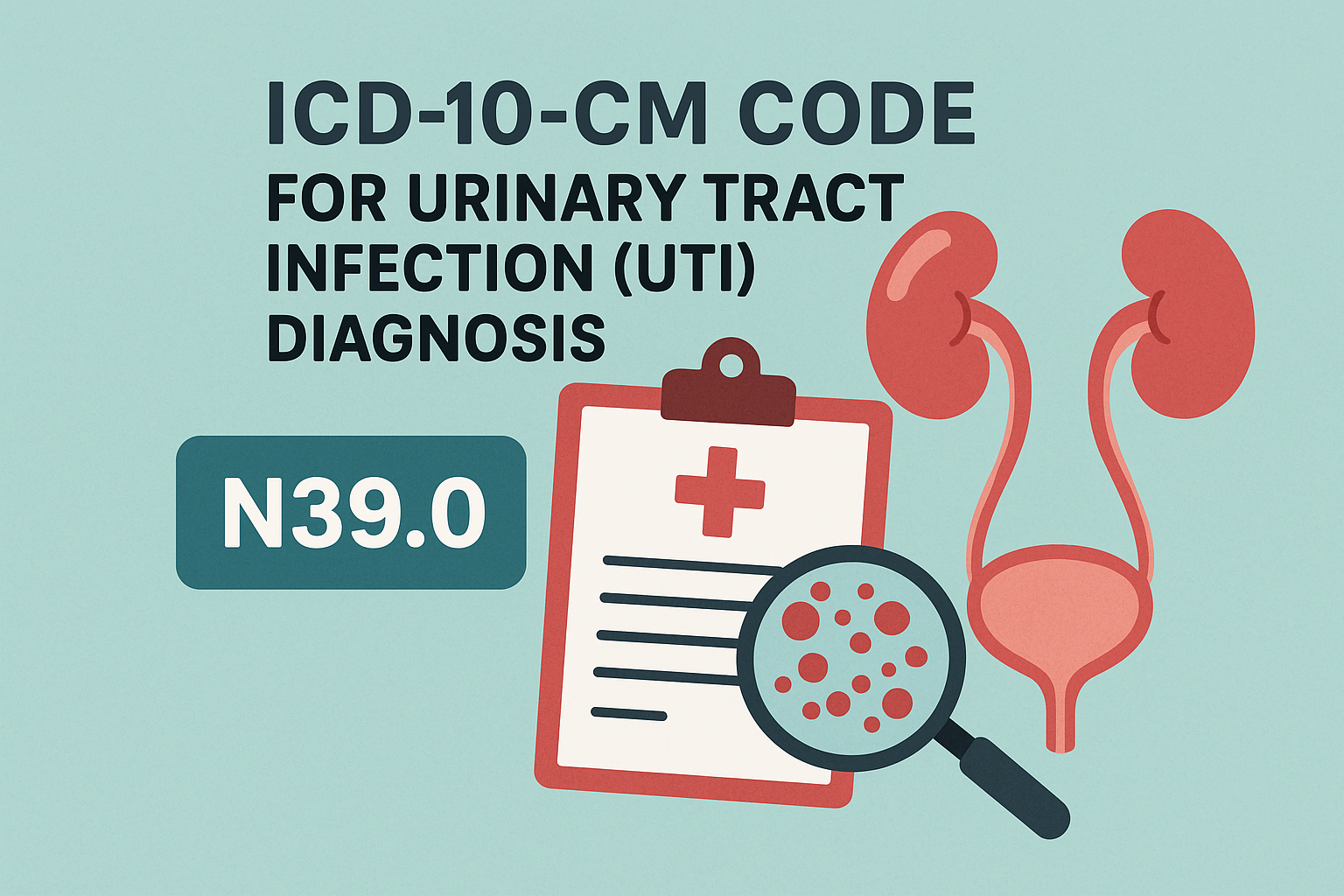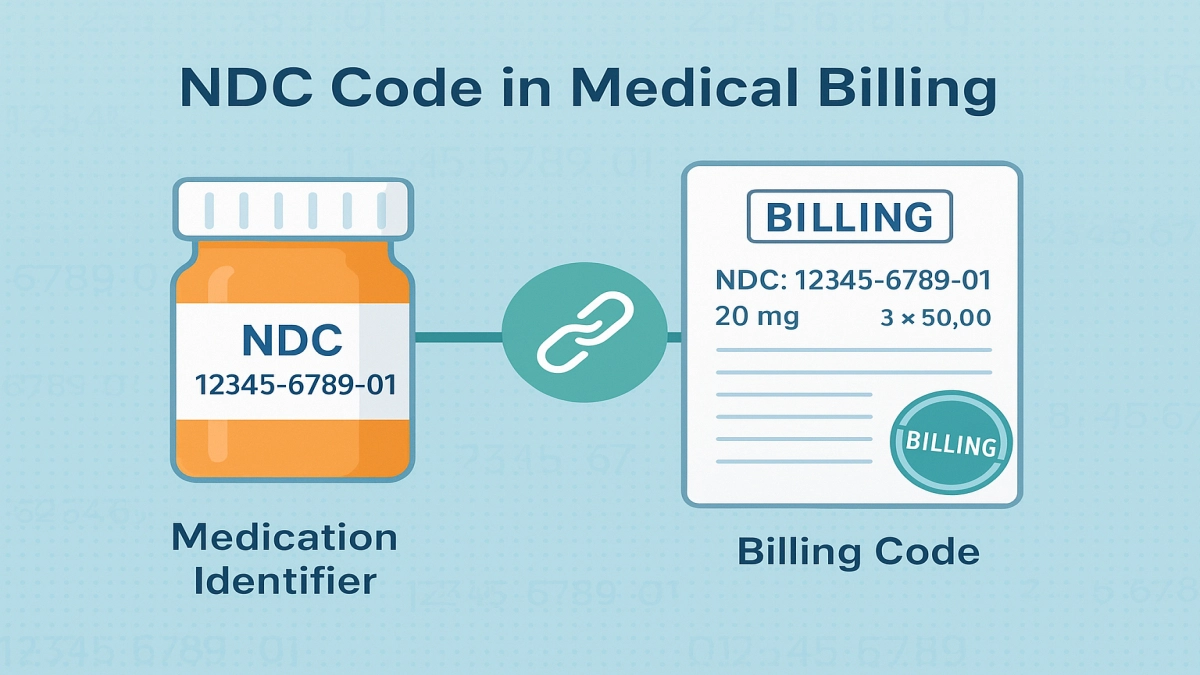Best Medicare Supplement (Medigap) Plans 2026
If you’re looking for the best Medigap plans in 2026, the top contenders remain Plan G, Plan N, and (for eligible individuals) Plan F, with Plan A and Plan L as viable alternatives depending on your health and budget. What this means is – select the plan letter based on your expected usage, eligibility (especially … Read more


